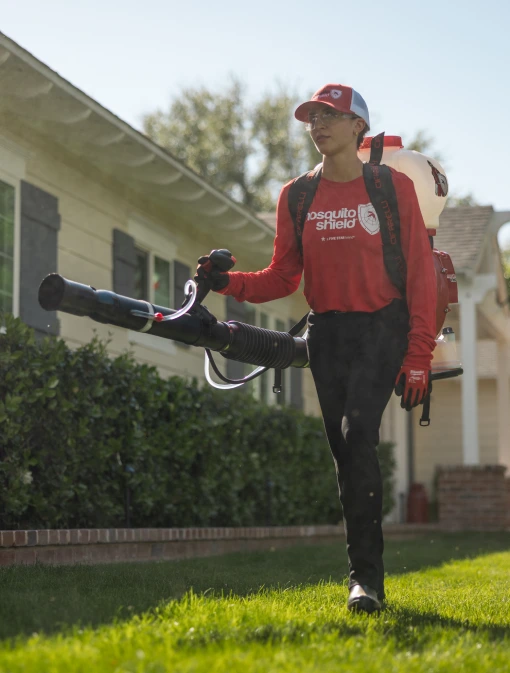Our mosquito control services are tailored specifically for North Atlanta’s unique environment, offering a powerful and effective solution that has been fine-tuned over the past 20 years. Designed to handle the area’s warm, humid climate and frequent storms, our treatments not only eliminate mosquitoes on contact but also provide ongoing protection. With a focus on both immediate relief and long-term prevention, we help you enjoy your outdoor spaces without the constant nuisance of mosquitoes.
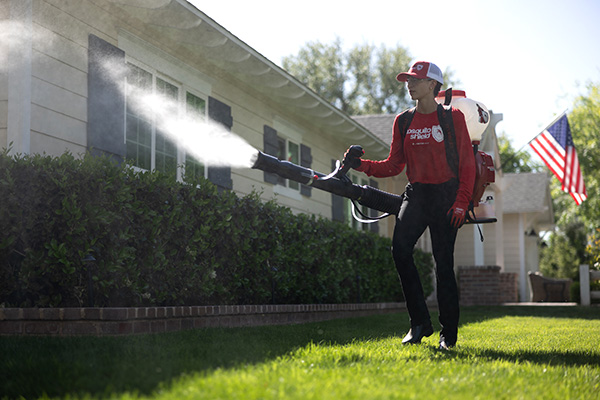
Our treatment instantly targets and eliminates mosquitoes in North Atlanta’s warm, mosquito-prone environment for immediate relief.

By addressing mosquito breeding hotspots commonly found in North Atlanta, we help reduce population growth and control future infestations.
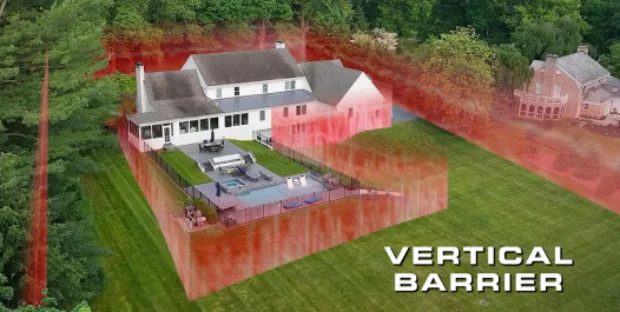
Our solution forms a virtual barrier specifically designed to withstand North Atlanta’s weather, keeping mosquitoes out and allowing you to enjoy your yard.

Our unique approach to mosquito control delivers proven, effective results you can rely on. With treatments designed for rapid impact, you’ll notice a significant reduction in mosquito activity shortly after the first application. Our method ensures your outdoor spaces become more enjoyable quickly.
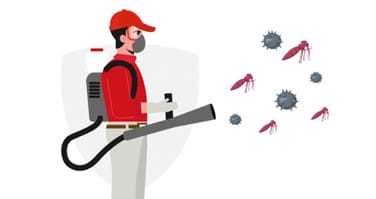
Any mosquitoes living around active areas of the home will be killed on contact with our proprietary formula. We train our technicians to target these areas so we can maximize the effectiveness of the spray.
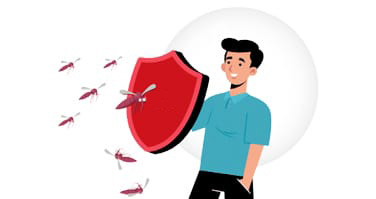
Female mosquitoes are attracted to the scents we emit. Our proprietary formula is specially created to mask them. Once our treatment has been applied, mosquitoes will avoid your property.

As treatments are performed, a vertical barrier is established which strengthens with each mosquito control service visit. This will shield your yard from pesky mosquitoes.
Experience the most comprehensive mosquito and tick control service designed for the Southern U.S. climate, helping you enjoy your outdoor spaces in North Atlanta without the nuisance of pests. Here’s what to expect:
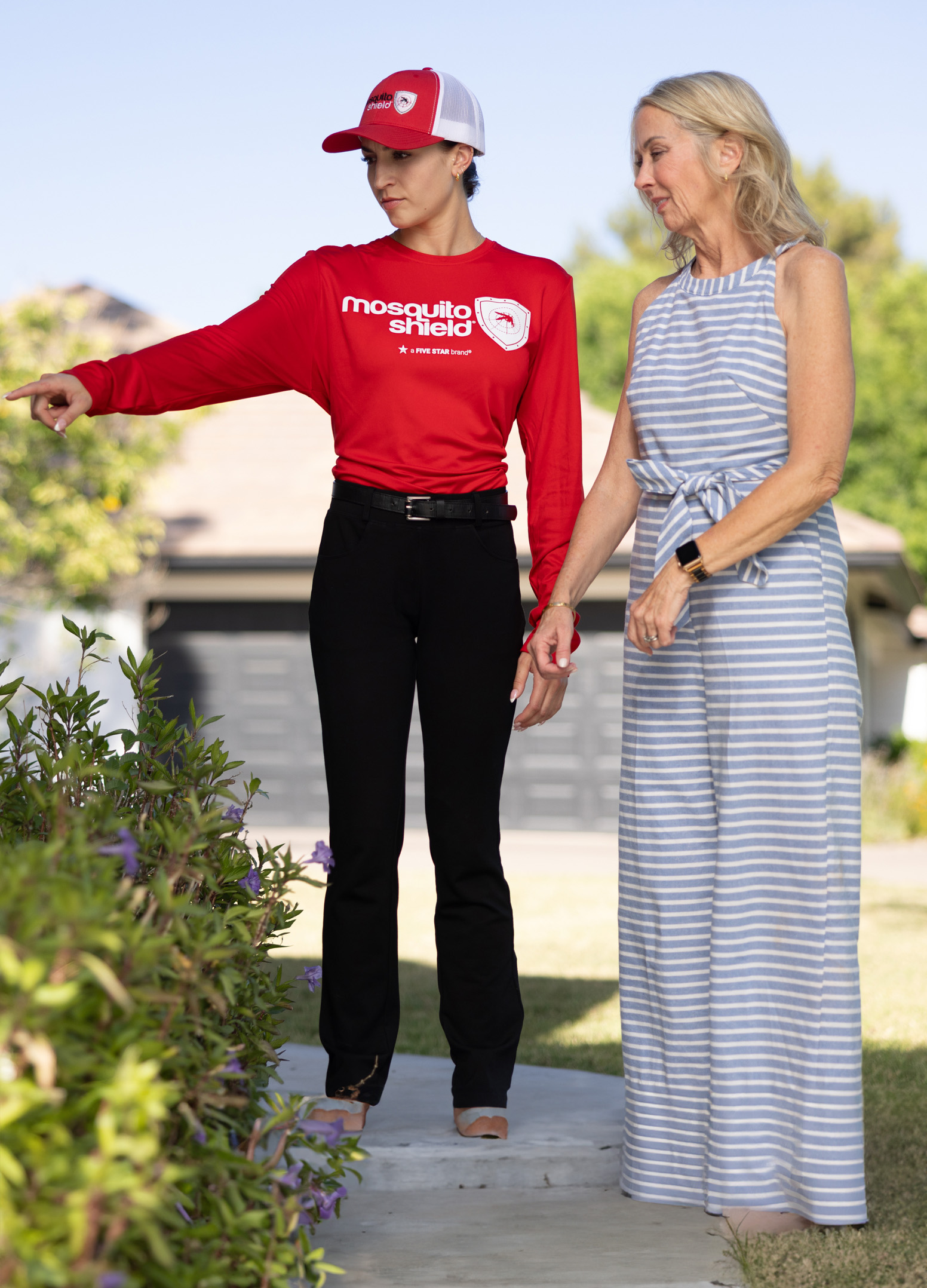
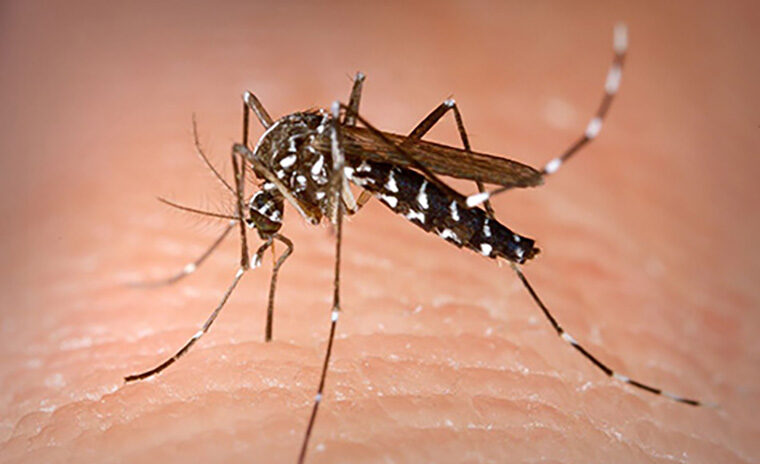
Identification: Small, black mosquito with white leg stripes and a lyre-shaped pattern on its thorax.
Habitat: Thrives in urban and suburban areas of North Atlanta—especially in neighborhoods with standing water in planters, birdbaths, or clogged gutters.
Behavior: Aggressive daytime biter; prefers feeding on humans.
Health Risks: Capable of transmitting Zika virus, dengue fever, and chikungunya.
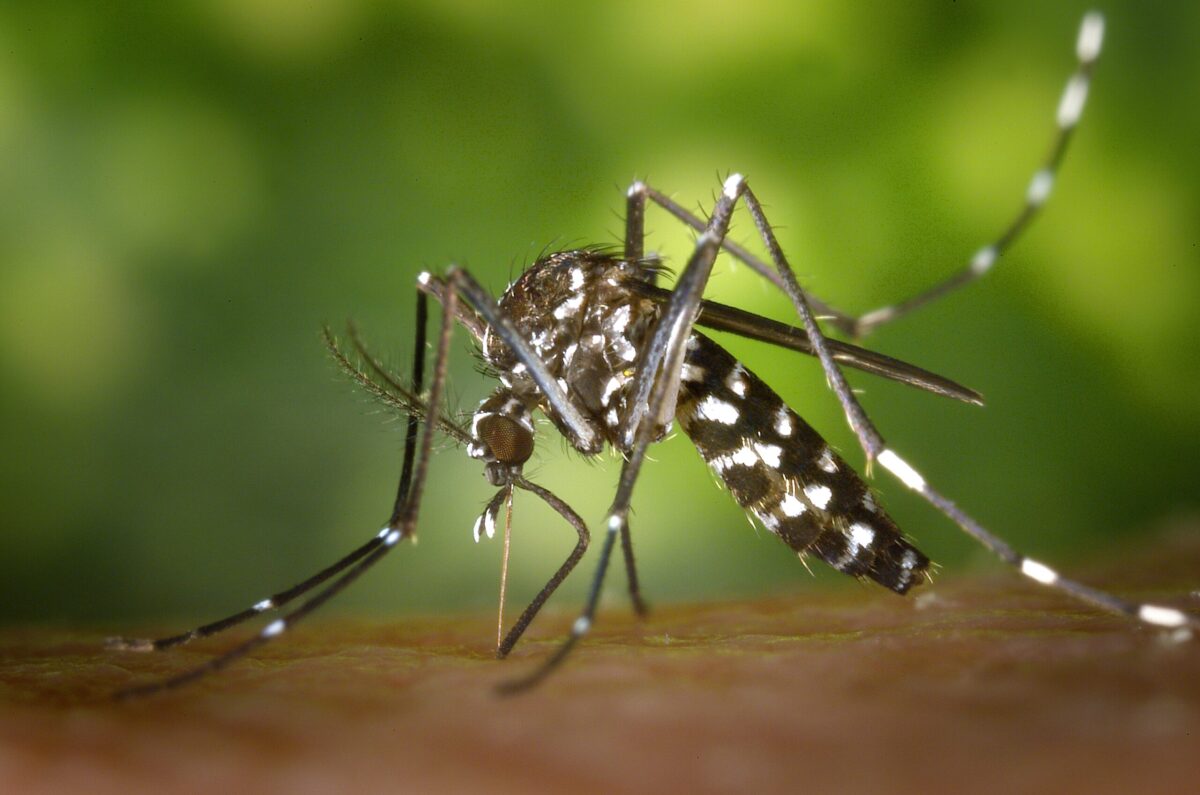
Identification: Black with a distinct white stripe down the back and banded legs.
Habitat: Common in shaded backyards, near creeks, or wooded edges of local parks like Chastain Park or along the Chattahoochee River trails.
Behavior: Bites during the day, especially around the ankles and legs.
Health Risks: Known carrier of West Nile virus, dengue, and Zika.
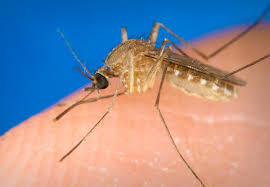
Identification: Light brown mosquito with darker stripes across the abdomen.
Habitat: Found in stagnant water sources—storm drains, neglected fountains, or low-lying yard areas after heavy rain.
Behavior: Active from dusk through night; often enters homes in North Atlanta’s denser residential pockets.
Health Risks: Primary vector of West Nile virus in the region.
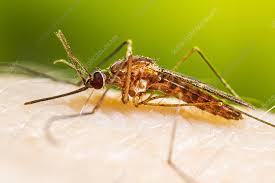
Identification: Medium-sized mosquito with four dark spots on each wing; rests at a 45° angle.
Habitat: Prefers clean, slow-moving water like retention ponds or calm tributaries around Peachtree Creek.
Behavior: Active around dawn and dusk.
Health Risks: Once a malaria vector; still responsible for itchy, persistent bites in semi-rural zones.
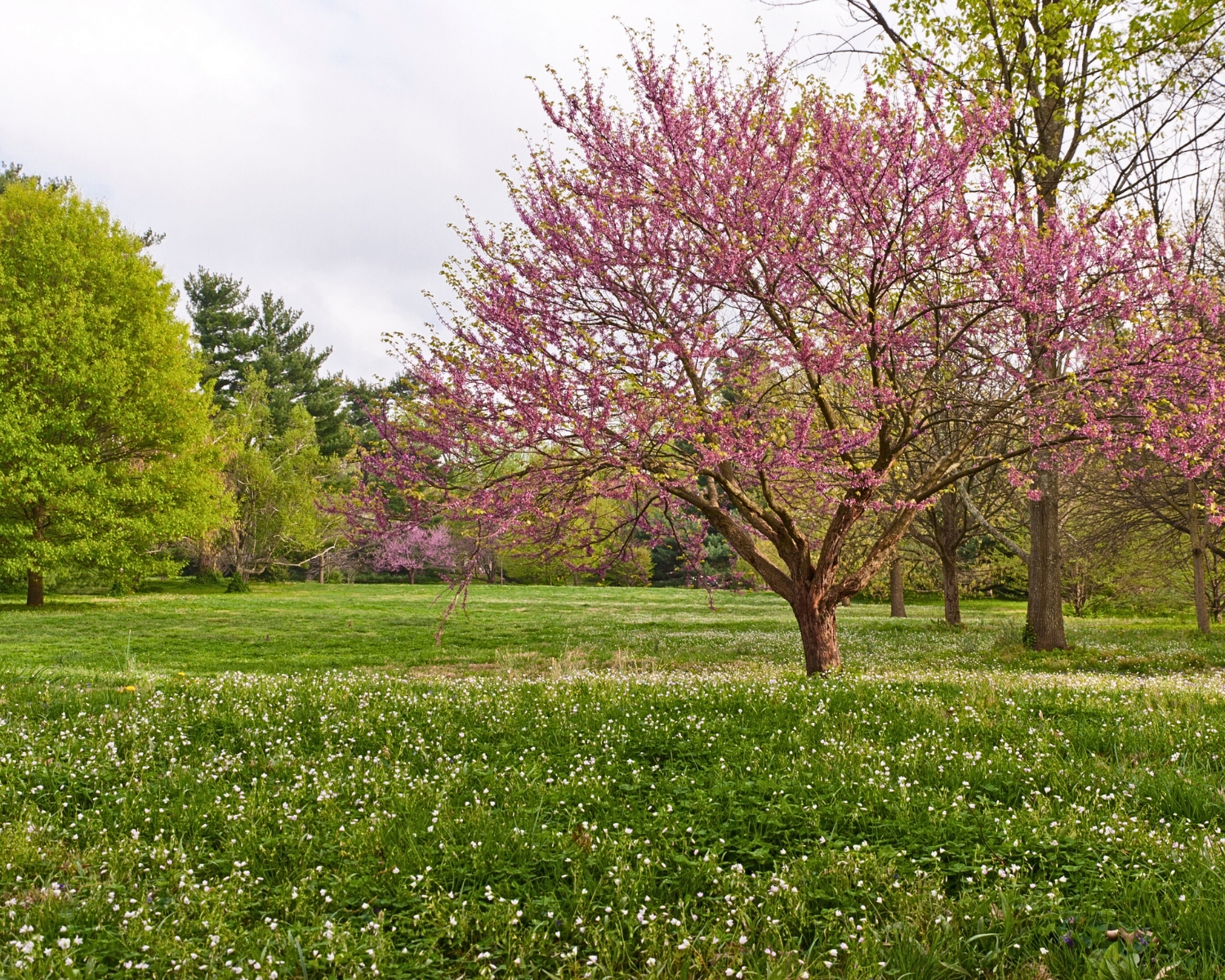
Key Activity: Mosquito season kicks off with spring rain and rising temps.
Breeding: Pollen-clogged gutters, overwatered lawns, and yard waste bins trap standing water.
Common Species Active: Aedes aegypti and Culex quinquefasciatus begin emerging.
Behavior: Biting starts in early mornings and evenings, particularly near shaded patios and greenbelt trails.

Key Activity: Peak mosquito season—hot, muggy conditions dominate.
Breeding: Standing water builds up fast around AC drip lines, pool covers, or kids' toys left outside.
Common Species Active: Aedes albopictus, Aedes aegypti, and Culex quinquefasciatus are all highly active.
Behavior: Expect all-day biting in areas like Brookhaven, Sandy Springs, and along the I-285 corridor.
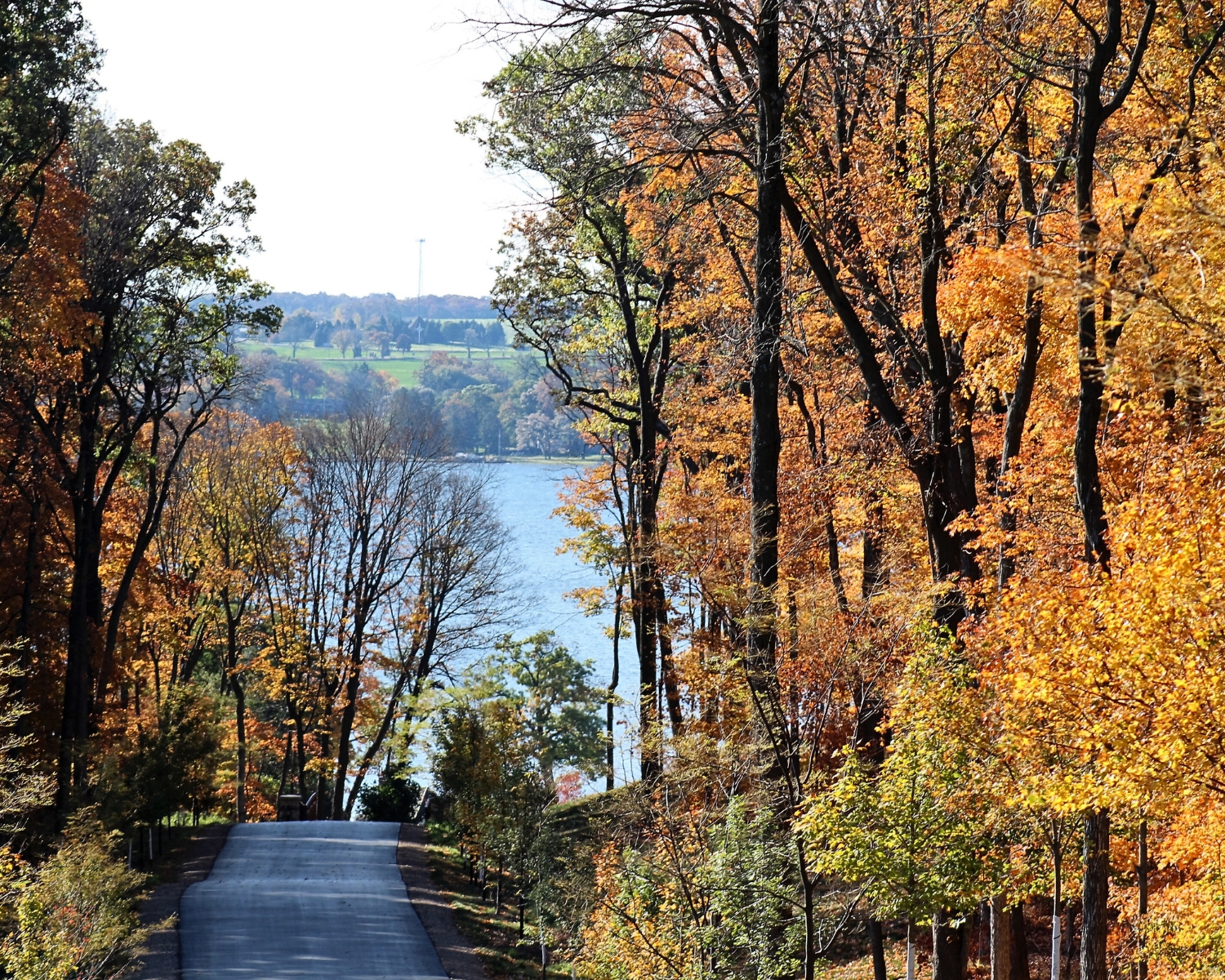
Key Activity: Mosquito activity declines but doesn’t disappear until first cold snap.
Breeding: Rain and falling leaves keep gutters and low points damp.
Common Species Active: Culex and Aedes species still linger.
Behavior: Warm fall afternoons can still bring biting pressure in wooded or shaded spots.
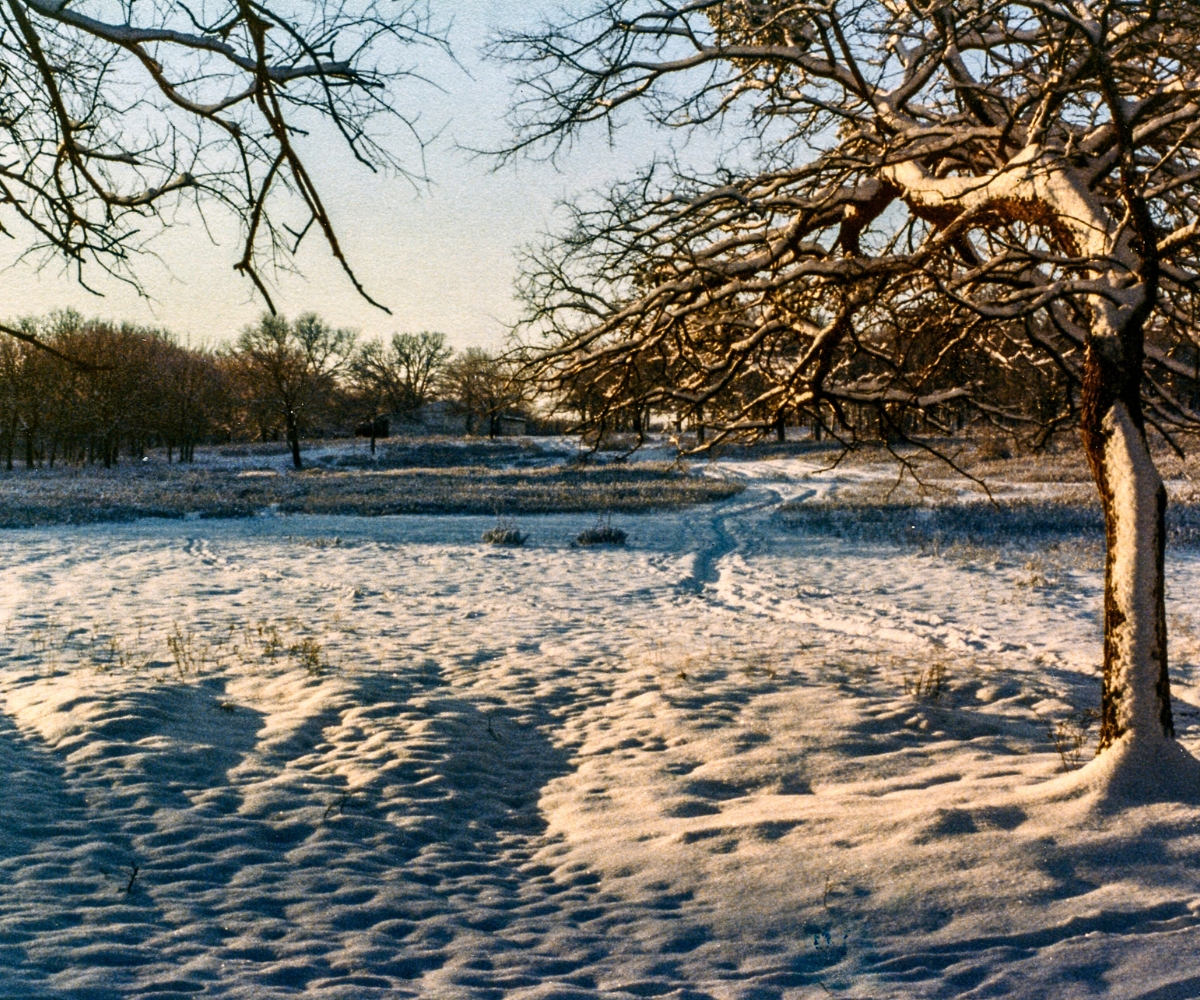
Key Activity: Cold slows mosquitoes, but activity doesn’t drop to zero.
Eggs: Aedes eggs survive dry spells and hatch come spring rains.
Adults: Culex adults may overwinter in sheds, basements, or crawlspaces.
Behavior: After a warm February rain, expect a brief mosquito resurgence.
